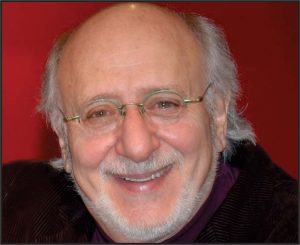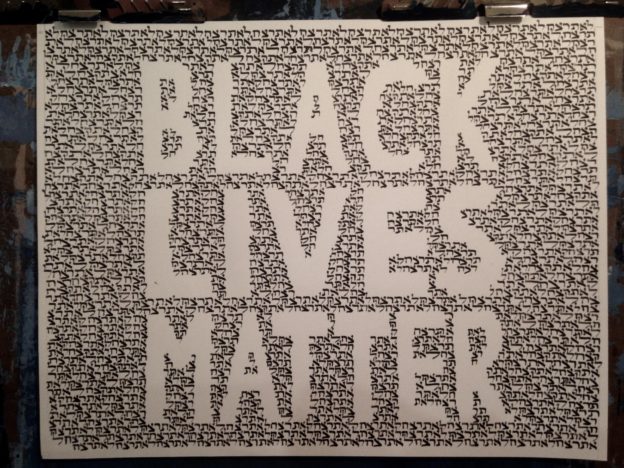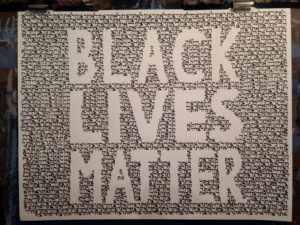 Peter Yarrow’s death has us saying goodbye, but his legacy is complicated. We’ve been engaged in the conversation regarding him and his song, Light One Candle, which is the Hanukkah song embraced by many Jews as a profoundly emotional iconic expression of our tradition. At about the same time that Yarrow entered hospice, many learned that he was accused of sexual misconduct. This reignited a debate about how we might separate the artist from his creation. Can his extraordinary music and activism be decoupled from his egregious behavior, or must we sacrifice his beautiful music because of his actions?
Peter Yarrow’s death has us saying goodbye, but his legacy is complicated. We’ve been engaged in the conversation regarding him and his song, Light One Candle, which is the Hanukkah song embraced by many Jews as a profoundly emotional iconic expression of our tradition. At about the same time that Yarrow entered hospice, many learned that he was accused of sexual misconduct. This reignited a debate about how we might separate the artist from his creation. Can his extraordinary music and activism be decoupled from his egregious behavior, or must we sacrifice his beautiful music because of his actions?
We’ve had this difficult conversation before, and many people have weighed the pros and cons of Yarrow, Carlebach, and others who have disappointed us as human beings yet created extraordinary artistic works.
I do not have an answer to the question. Do we stop singing Yarrow’s music? It’s more than just the songs he’s written, but also the songs he’s performed, most notably as part of the famous trio Peter, Paul, and Mary. It’s a thorny question that must be addressed, but I don’t think a blanket statement suffices; that is the easy way out. Instead, each of us needs to take responsibility for considering whether or not we are comfortable and where we may draw lines that we are unwilling to cross. Perhaps it’s with some footnote when we sing a song, or maybe it’s part of a community decision about whether the music is acceptable. But the conversation needs to occur. We must confront the ugliness and beauty and figure out how to weave them in a way that might work for us and the people we serve.
So, I’m not prepared to cancel him, but I must talk about him entirely. I am unwilling to discard all of the music he brought into our lives, yet that music cannot be heard without the more discomforting voice of his actions and the ethical dilemmas they present.
It’s messy and complicated, but we must consider, deliberate, and decide for ourselves and our respective communities how best to proceed.


